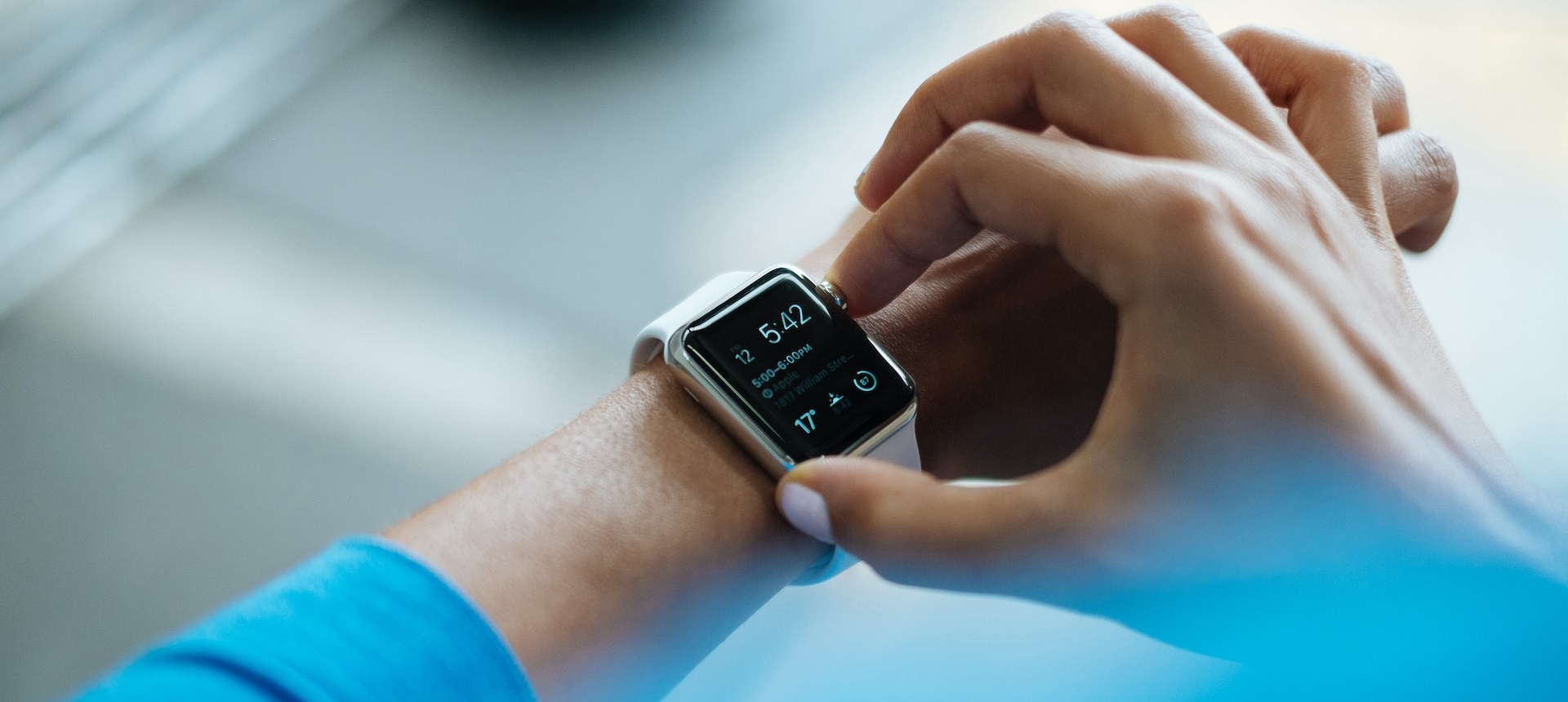1. Expect more countries to pass GDPR-like privacy laws
Lawmakers across the world are expected to vote for privacy laws similar to Europe’s General Data Protection Regulation (GDPR). Gartner estimates that, by 2023, 65 per cent of the world’s population will have its data protected by privacy regulations, enabling local businesses to “benefit from a larger market with their new ‘trusted’ status”.
2. Biometrics uptake slows during COVID-19 pandemic
Revenues from biometric devices such as fingerprint scanners are expected to drop by 22 per cent in 2020. According to ABI Research, the reasons for this are budget constraints for governments, which frequently use the technology at border crossings; low demand among businesses because of the rise of remote working; and hygiene concerns around multiple users touching the same device.
3. US election: Polling stations secure votes with blockchain
US voting officials are looking to use blockchain technology to ensure votes are not tampered with and the election result is fair and accurate. Voters in the state of Utah have trialled a system called Voatz to cut costs and improve security for the 2020 presidential election.
4. Ireland probes Facebook’s Instagram over child data use
Ireland’s Data Protection Commission (DPC) has launched two enquiries into the handling of children’s personal data on Instagram. It’s investigating the social media company’s authority to process the data, and whether it is employing adequate protective measures. It’s also looking into whether Facebook has complied to data protection requirements around Instagram’s profiles and account settings.
5. Privacy concerns arise over the UK government’s ‘track and trace’ app
Businesses using the NHS app for tracking individuals’ locations to measure the spread of COVID-19 infections are under fire for their handling of contact data. While the government stipulates that personal information is destroyed after 21 days, some firms are retaining it for longer and even selling it to other businesses.
6. ‘Hey, IT – don’t peek at my mobile phone data!’
Data privacy is a key concern for workers. Research from Omdia, as part of a ‘state of the union’ report on securing the mobile workforce, shows that 80 per cent of respondents say personal data should be kept private from IT when a device is company-owned, while 84 per cent say the same about an employee-owned device.
7. Clock ticking for TikTok in European privacy probes
Video-sharing platform TikTok is in the privacy spotlight again as it undergoes scrutiny in both the US and Europe. After facing a ban in the US, the Chinese company has opened a data centre in Ireland to house personal data for European and US users, an attempt to pacify European regulators who are looking into whether the company violates the GDPR.
8. Blockchain spending on the rise
Worldwide spending on blockchain solutions is predicted to rise 50 per cent from last year to hit $4.1 billion in 2020, according to analyst IDC. The growth is attributed to the economic shifts caused by the COVID-19 pandemic that led to widespread digital transformation for businesses, including investments in updating outmoded processes that blockchain can improve.
9. Podcast: Voice control in cars – the next privacy frontier?
Privacy is as much of a concern for your voice as it is for your email address and birthdate. As we use our voices to controls tasks from playing music in your living room to driving your car, these risks become ever greater. This podcast with Shyamala Prayaga, autonomous digital assistant vision lead at Ford, addresses the challenges and privacy issues of using voice applications in automobiles.
10. Big data analysis set to grow by nearly one-third each year
Demand for big data analytics is on the rise, as businesses look to gain insights that will make them competitive and innovative amid an uncertain economic outlook. The market for big data analytics is predicted to grow to four-and-half times the size it is today, totalling $68 billion in revenues by 2025 – that’s a compound growth rate of 28.9 per cent, according to Frost & Sullivan. But that growth means rising concerns over the security of all that data, too, especially in the healthcare sector where big data is being used to fight the C-19 coronavirus.
–
Follow us on Twitter – @ColContent









